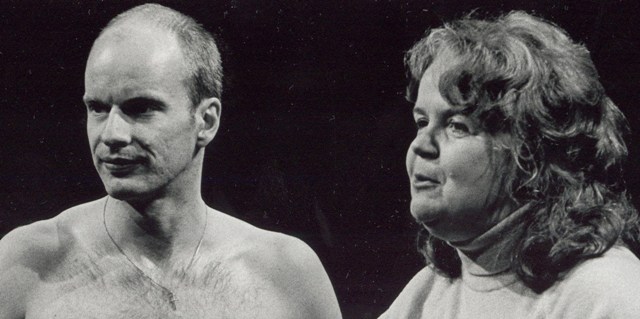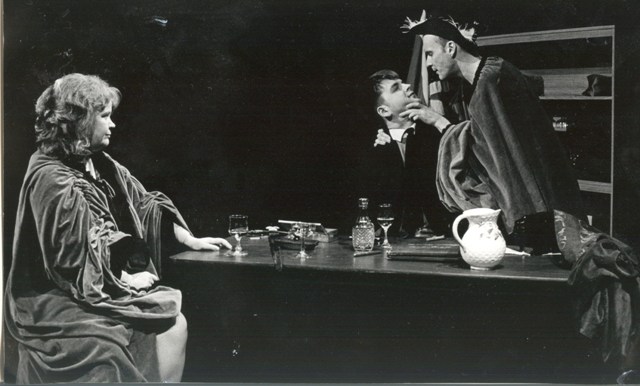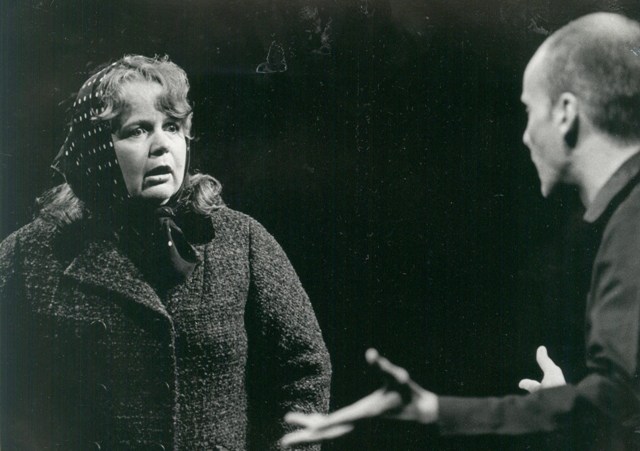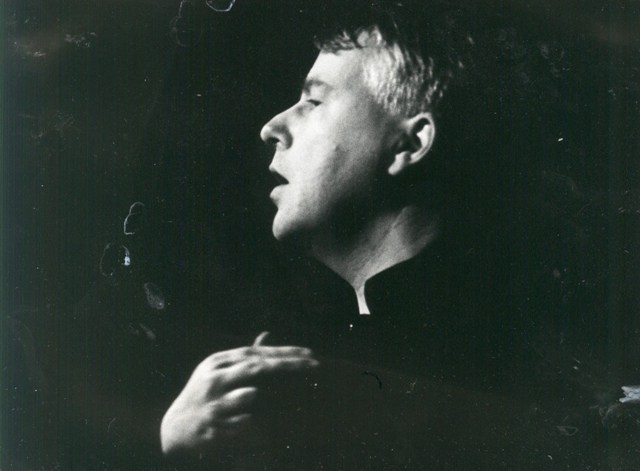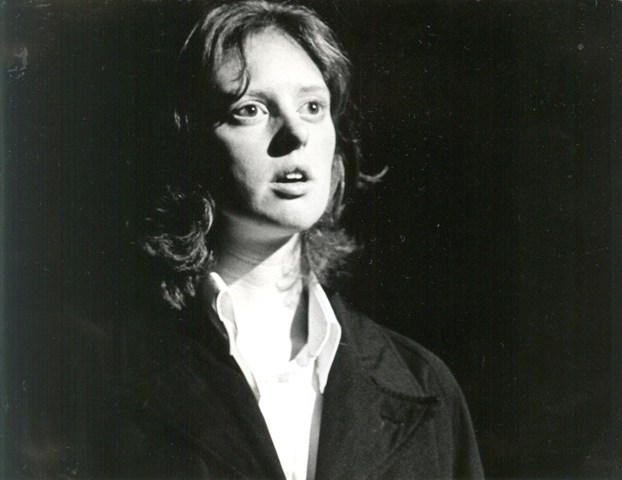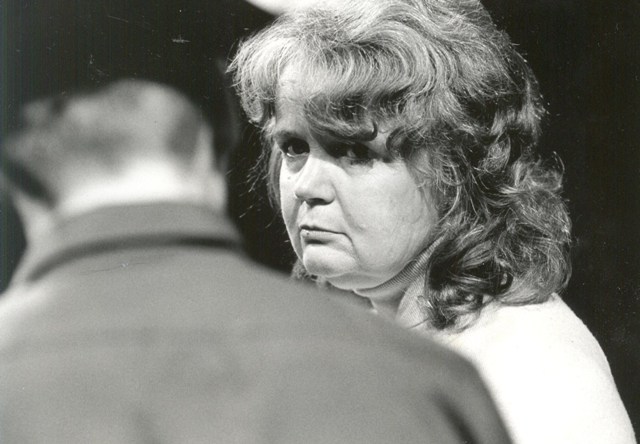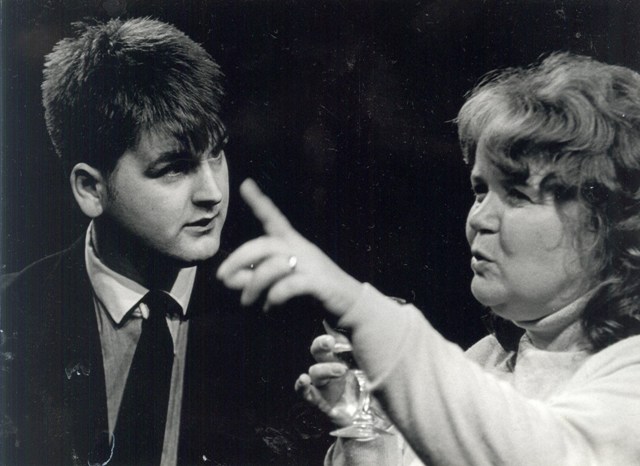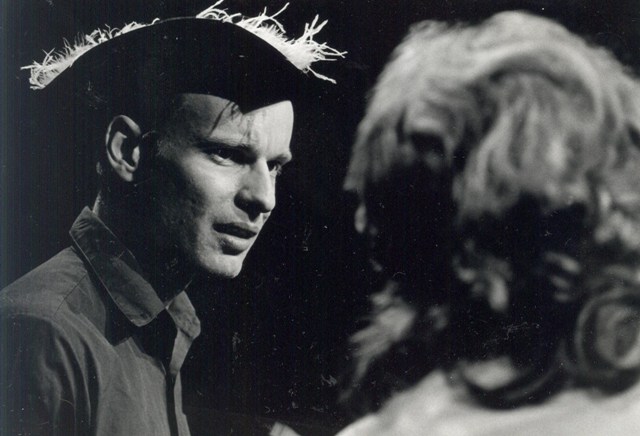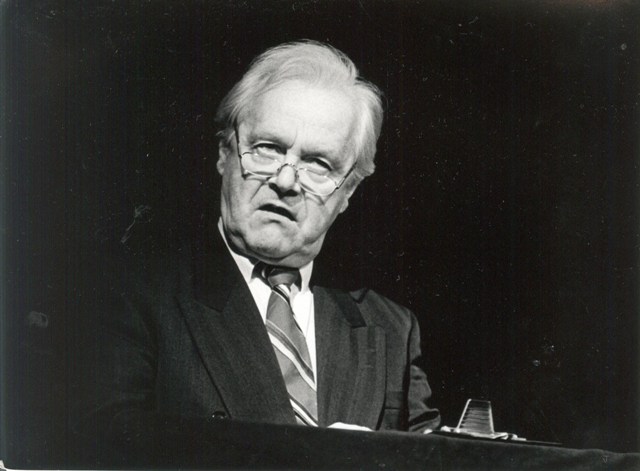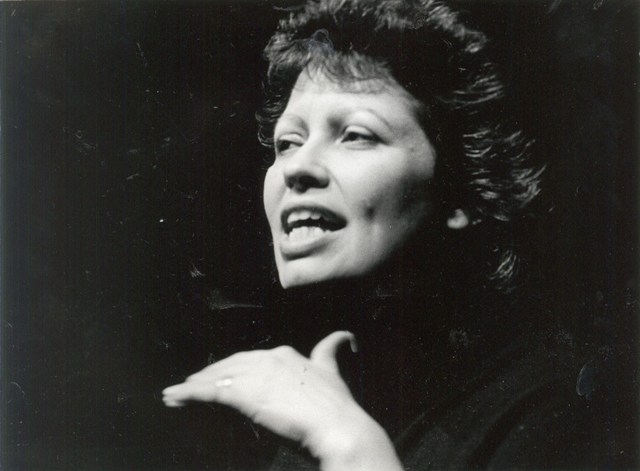The Bench Production
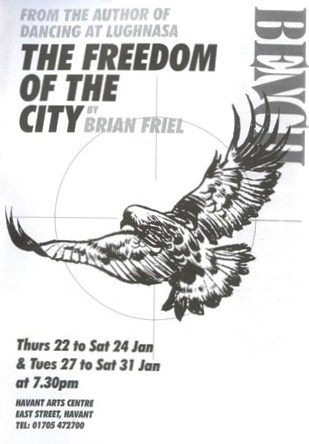
This play was staged at Havant Arts Centre, East Street Havant - Bench Theatre's home since 1977.
Characters
| Skinner | Neil Pugmire |
| Lily | Ingrid Corrigan |
| Michael | Mike Hickman |
| Photographer | Sam Emery |
| Father Brosnan | John Blackmore |
| Judge | Stuart Hartley |
| Police Constable | Roy Dorland |
| Soldiers | Chris Stacey Andy Rees |
| Dr Dodds | Debbie Money |
| O'Kelly | Sam Emery |
| Army Press Officer | Andy Rees |
| Brigadier Johnson-Hansbury | John Blackmore |
| Priest | Andy Rees |
| Dr Winbourne | Roy Dorland |
| Professor Cuppley | Andy Rees |
Crew
| Director | Damon Wakelin |
| Stage Manager | Chris Stacey |
| Assistant Stage Manager | Annie Baillie |
| Design | Damon Wakelin |
| Lighting Operation | David Penrose |
| Sound Operation | Peter Woodward |
| Photographs | John Plimmer |
| Leaflet Design | Peter Woodward |
| Original Music | Rob Finn |
Director's Notes
Brian Friel has been a favourite writer of mine since I appeared in the Bench production of 'Dancing at Lughnasa'. His use of language, his ability to transform ordinary voices into the voices of poets is both remarkable and affecting. The seamless transition from comedy to tragedy is the trademark of a truly great writer.
Whilst 'The Freedom of the City' is an overtly political play, concerned as it is with the political situation in Northern Ireland, it is also an essentially humanist play and it was this combination that drew me to it. In choosing any play there has to be a moment in the reading of it that moves me. Joe's death and his son's descent into disillusionment and grief in 'All My Sons'; Kattrin's final act of defiance in 'Mother Courage' and Teddy's touching, hopeless loyalty in 'Faith Healer'. This play is no exception and I don't think you'll have any problem in spotting the moment that caught me.
There is also a great deal of humour and compassion, drawn out through the three central characters, their lives and experiences. The intricate plotting of the piece too provides an intriguing theatrical experience, two or three separate areas being explored simultaneously.
I am greatly indebted to the members of the cast who have all worked extremely hard through a prohibitively short rehearsal period. It has been great fun throughout - just how theatre should be.
Damon Wakelin
Reviews
The NewsMike Allen
Play so close to home
Painfully close to home. Are the British really so ready to lie and kill in defence of their domination? It rings all too true.
Brian Friel's play is set in Derry during and after a protest march. Three unarmed individuals - escaping tanks, CS gas, rubber bullets and water cannon - find themselves in the mayor's parlour. One earnest young man believes all will be well if they behave respectably, go out and tell the truth. A secure portrayal by Mike Hickman in this Bench Theatre production. A middle-aged mother of 11, even more innocent, prattles brightly and often comically about her family. Ingrid Corrigan in fine whimsical form. But another young man knows they will be shot dead. This is the most complex role and Neil Pugmire grows into it to the point where his awareness of imminent murder is palpable.
But occasionally I was more conscious of the edginess in his acting than of the edginess of the character, teetering between hardness and flippancy.
The News, 23rd January 1998
